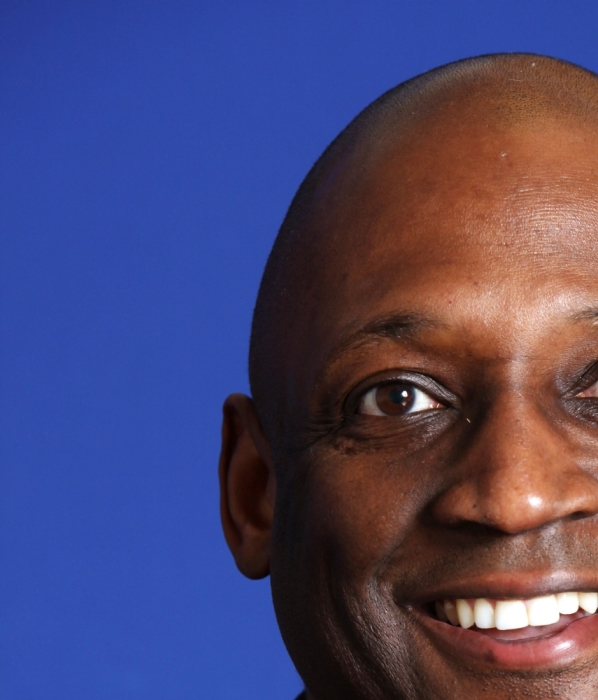ODU Supporting NSU Conference that Delves into Early America
September 24, 2013
 Andrew Lopenzina
Andrew Lopenzina
 Timothy Robinson
Timothy Robinson
A pair of Old Dominion University professors and a Ph.D. student will participate this week in a conference at Norfolk State University where international scholars will delve into the events and legacies of 1619 - the time period when the United States' first political bodies took shape and the arrival of African slaves was first documented.
The conference, "1619: The Making of America," will explore the earliest narratives of the country's formation while bringing awareness to issues of race, gender, law and culture that derive from the meeting of cultures that shaped the nation. It is being held Sept. 26-27.
"Americans conventionally think that the U.S. is culturally exceptional - that it arises as did Venus from the sea, complete and coherent, a conscious creation of the mythic Founding Fathers," said Delores Phillips, an ODU assistant professor of post-colonial literature and theory, who sits on the university's Post-colonial Research Group, which is a conference sponsor. "The truth is that it is not. Its roots are global and messy."
ODU's Andrew Lopenzina and Timothy Robinson, assistant professors of English, and Judah Micah Lamar, Ph.D. student in English; will appear on panels discussing representations of ethnicity and nation in both literary and broader cultural contexts.
The annual conference invites scholars from around the world to discuss the topic of 1619 and related connections through the period of the Civil War, with an emphasis on themes that include the impact of 1619 on the lives and family associations of Native Americans, Africans and African Americans, on the practice of religion, on Early American literary and popular culture and the ways that 1619 has been represented in the modern era. Related topics will range from "Deconstructing Race in the American Legal System: From 1619 to Trayvon Martin" and what it means to be an American according to "Race, Law, and Slavery in Early America," to "Foodways and Emerging Diseases."
The conference also includes historical interpreters and a special Liberian quilt display. Teachers attending can earn continuing education credits and acquire lesson objectives that meet Virginia's SOL requirements.
"The strength of this conference is that it tracks the progression of a number of cultural and historical threads that converge on this moment, telling a much more complex and responsible story of our region than is often found in the history books or taught in our public schools," said Lopenzina. "This conference, of course, fixes our attention on a date that carries a great deal of significance in regards to the opening up of the slave trade on the North American continent. But it is also a moment that signals great changes in the lives of Native Americans in the area.
"As the colony anchored itself upon the success of the tobacco crop, it not only turned to chattel slavery to feed its growth, but it also required ever more land as tobacco quickly exhausted the soil. The Virginians expanded their territory and consolidated their power at the expense of many native peoples who forged their lives and traditions here and cultivated the land in a much more sustainable manner."
It is for this reason, Lopenzina says, the conference's focus on Native Americans is a vital contribution to the imagining of this era.
Lamar said being invited to participate in the conference allows him the opportunity to collaborate with scholars from the region and across disciplines.
"Being able to receive critical feedback from other scholars is helpful in allowing me to sharpen my research and move toward potential publication," he said.
ODU is one of several collaborators supporting this annual event, which brings together leading thinkers in the fields of African American and Native American studies. Community support includes tribal groups from the Hampton Roads area.
This week's annual conference is part of a larger research initiative studying how the crosscurrents of the fledgling nation's cultural identity became permanent and sustainable. "1619: The Making of America" seeks to go beyond multiculturalism to look at the hybrid roots of Native America, African America and European America.
For details about the conference, and the larger initiative that it serves, visit the "1619: The Making of America" website.

